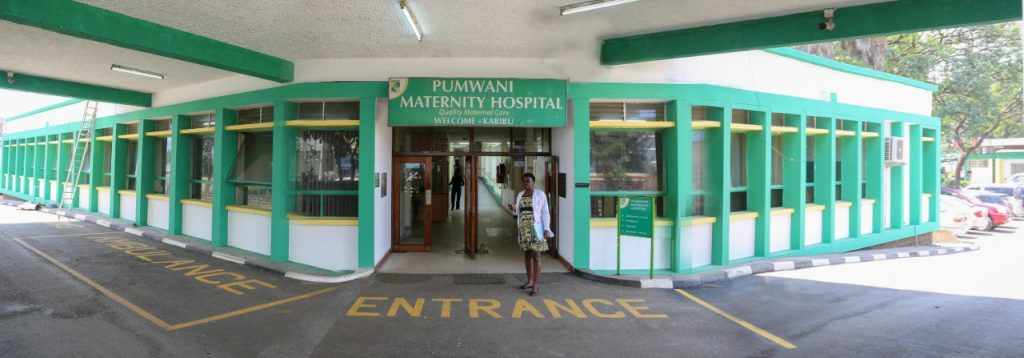[dropcap]P[/dropcap]lans to establish a breast milk bank in Pumwani Hospital in Nairobi are under way, putting Kenya among the few countries in Africa with such a facility. The UK government is funding the project to the tune of Ksh65 million.
The milk facility, expected to be launched in early April, will be the first in the country and East Africa region to have a state-of-the-art public human milk bank. According to the British High Commissioner to Kenya Nic Hailey, the milk bank will improve the health of new born babies who cannot access mother’s milk.
“Once operational, the bank will help save lives of vulnerable babies born prematurely, those abandoned in hospitals and orphaned ones to get necessary nutrition for their growth and development,” said Mr Hailey.
Milk banks process and pasteurize the milk in a sterile setting. The banks typically pool and mix donations from three to five mothers at once and can store it up to eight months. The milk is then poured into glass bottles and pasteurized to eliminate any potential bacteria.
The challenge will be mobilising women to donate milk in a society where women believe in breastfeeding only their biological babies.
Under the financing deal for the Mother-Baby Friendly Initiative Plus (MBFI+), the UK has financed infrastructure at Pumwani, purchased and delivered equipment to be used in milk storage, including a pasteurizer.
Further, through learning exchange programme in Scotland, the technical team has been trained on quality assurance systems and outreach programmes. The staff have also received couching and orientation on the milk bank operations.

“Working with the team at Pumwani Hospital, the county health team have finalized plans for the launch of the milk bank. This will be symbolic of the importance of our respective governments to place improving newborn health and life opportunities in Kenya,” added Mr Hailey.
The county government has been urged by the commissioner to speed up the release of funds to purchase important laboratory equipment that will set the initiative running.
[ Read Also: In Kenya, you can earn some money by donating sperm ]
According to local reports, about 39,000 babies die yearly due to suckling complications. It is projected that once the milk bank has been established over 10% of neonatal cases will be prevented.
South Africa runs a successful breast milk bank. South African Breast Milk Reserve (SABR) in Johannesburg runs a total of 44 milk banks feeding thousands of babies. Women with a lot of milk can go and donate, or those who are too sick to suckle their babies can go and get the same from the bank. There is a big demand for human breast milk in the country partly because of maternal deaths during births as well as mothers being too sick to lactate.
The primary and by far the largest group of consumers of human breast milk are premature babies.
Newborn babies, according to World Health Organization (WHO) guidelines, are supposed to be breastfeed exclusively for the first six months as the mothers milk has enough and vital nutrients for growth and development of various body organs including the brain.
The biggest concern over the milk bank lies on the safety of the breast milk to be donated as ailments such as HIV can be easily be passed to the nursing babies. Over 500 milk banks have been opened across the world with South Africa having four banks operational.
[ See Also: Ten things that men like doing but which annoy women very much ]
Mothers’ Milk Bank (MMB) says this service provides mothers with an alternative to infant formula and allows the mother to give their newborn the nutrition it needs for healthy growth. The International Milk Banking Initiative (IMBI), was founded at the International HMBANA (Human Milk Banking Association of North America) Congress in 2005. The World Health Organization(WHO) states that the first alternative to a biological mother not being able to breast feed is the use of human milk from other sources.
The primary and by far the largest group of consumers of human breast milk are premature babies. Infants with gastrointestinal disorders or metabolic disorders may also consume this form of milk as well. Human breast milk acts as a substitute, instead of formula, when a mother cannot provide her own milk. Human breast milk can also be fed to toddlers and children with medical conditions that include chemotherapy for cancer and growth failure while on formula.
Donating breast milk can be traced back to the practice of wet nursing. Milk banking declined with the rise in HIV epidemic due to the need for stringent screening, which increased the cost of operating milk banks. Improved screening methods and standardization of procedure have made donated milk a viable alternative to mother’s breast milk.
[ Don’t Miss: Kenyan men are the most faithful in Africa, new research shows ]












7 Comments